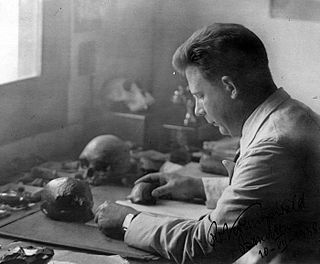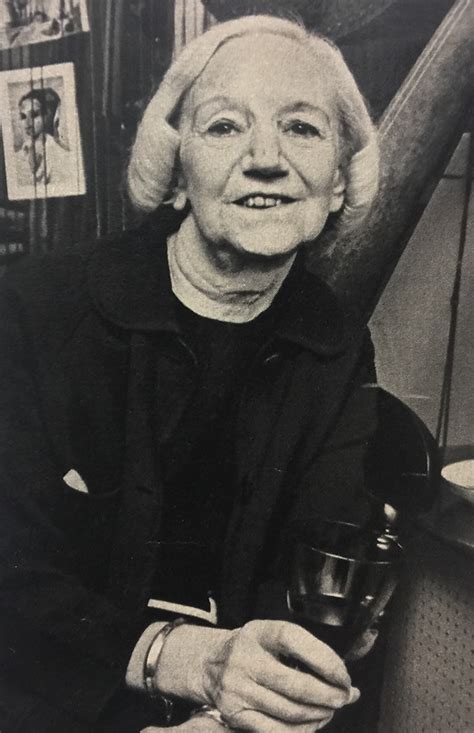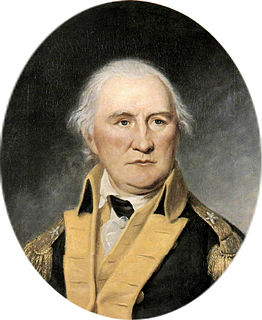A Quote by Hasan of Basra
When a man sought knowledge, it would not be long before it could be seen in his humbleness, his sight, upon his tongue and his hands, in his prayer, in his speech and in his disinterest (zuhd) in worldly allurements. And a man would acquire a portion of knowledge and put it into practice, and it would be better for him than the world and all it contains - if he owned it he would give it in exchange for the hereafter.
Related Quotes
If he looked into her face, he would see those haunted, loving eyes. The hauntedness would irritate him - the love would move him to fury. How dare she love him? Hadn't she any sense at all? What was he supposed to do about that? Return it? How? What could his calloused hands produce to make her smile? What of his knowledge of the world and of life could be useful to her? What could his heavy arms and befuddled brain accomplish that would earn him his own respect, that would in turn allow him to accept her love?
She knew that it would not be easy to submit to his miserliness, or the foolishness of his premature appearance of age, or his maniacal sense of order, or his eagerness to as for everything and give nothing at all in return, but despite all this, no man was better company because no other man in the world was so in need of love.
If you saw Atlas, the giant who holds the world on his shoulders, if you saw that he stood, blood running down his chest, his knees buckling, his arms trembling but still trying to hold the world aloft with the last of his strength, and the greater his effort the heavier the world bore down upon his shoulders - What would you tell him?" I…don't know. What…could he do? What would you tell him?" To shrug.
Every man should write a brief history of his life: his parentage, his birth, his religion, when he was baptized and by whom, when ordained, what to, and by whom-give a brief sketch of all his missions and of all his official acts and the dealings of God with him. Then if he were to die and the historians wished to publish his history, they would have something to go by.
I discovered several never-failing signs by which one might know when a man wished to take another wife. He would suddenly 'awaken to a sense of his duties'; he would have serious misgiving as to whether the Lord would pardon his neglect in not living up to his privileges; he would become very religious, and would attend to his meetings ... which seemed just then to be very numerous, and in various other ways he would show his anxiety to live up to his religion.
Man did not address his inquiries to the earth on which he stood until a remarkably late stage in the development of his desire for knowledge. And the answers he received to the questions, "Where do I come from?", "What is man?", although they made him poorer by a few illusions, gave him in compensation a knowledge of his past that is vaster than he could ever have dreamed. For it emerged that the history of life was his history too.
If he [the Artist] were to take up the pen it would be...to better express his individuality and explain it to others; or else to put his internal affairs in order...to deepen and sharpen his relationship with his fellow men because other souls exert an immense and creative influence on our soul; or to try to fight for a world as he would like it to be, for a world that is indispensable to his life.
The man has a curious inborn conviction of his own superiority which is quite unshakeable. All his life he has bullied and browbeaten those around him by his high-and-mightiness and his atrocious temper. As a boy he terrorized his entire family by his tantrums, when, if thwarted, he would throw himself on the floor and yell till he went blue in the face. It has been much the same ever since. Everyone's terrified of his rages. He has only to start grinding his teeth, and people fall flat before him.
Jesus said several times, “Come, follow me.” His was a program of “do what I do,” rather than “do what I say.” His innate brilliance would have permitted him to put on a dazzling display, but that would have left his followers far behind. He walked and worked with those he was to serve. His was not a long-distance leadership. He was not afraid of close friendships; he was not afraid that proximity to him would disappoint his followers. The leaven of true leadership cannot lift others unless we are with and serve those to be led.
If any man dared to translate all that is in his heart, to put down what is really his experience, what is truly his truth, I think then the world would go to smash, that it would be blown to smithereens and no god, no accident, no will could ever again assemble the pieces, the atoms, the indestructible elements that have gone to make up the world.
































